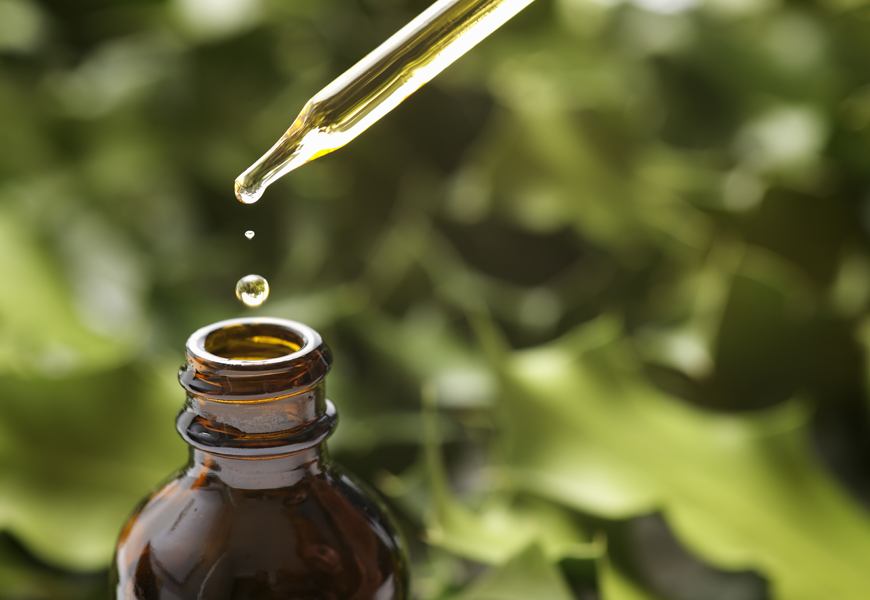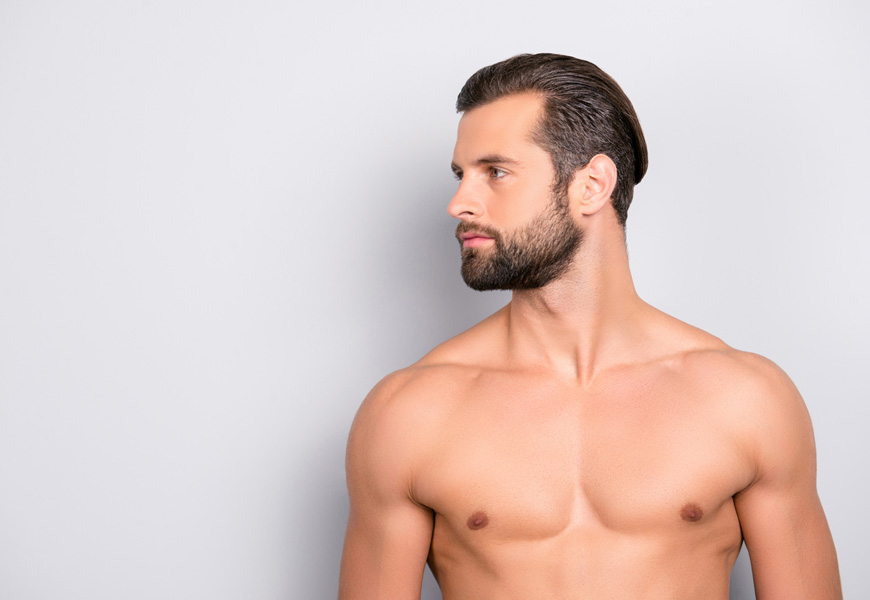Smell is a sense that often gets overlooked in favour of sight, taste and even touch. But your sense of smell is actually pretty important. Sure, it might be nice if you couldn’t smell the guy beside you on the subway who probably hasn’t showered in days, or that faint wormy smell when it rains, but you also wouldn’t be able to smell your toast burning or definitive proof that the chicken breasts you bought last week and forgot to cook have, in fact, gone bad.
Essential oils are a concentrated hydrophobic liquid containing volatile aroma compounds from plants. Many of them are used in candles, soaps and cleaning products for their naturally-occurring scents, but there are plenty of other ways to use essential oils. Here’s what you should know about some of the most popular oils:
Lavender oil
As one of the most commonly used essential oils in the world, lavender has a reputation for not only it’ floral scent, but also its health benefits. It’s most often used as a natural treatment for migraine headaches and to help improve sleep quality in people who suffer from insomnia. Lavender has also been found to be helpful in healing burns and eczema—just mix it with a little coconut oil and rub onto the skin.
Tea tree oil
Tea tree oil is one of those smells you notice immediately and not in a good way. But it’s also well known for its powerful antiseptic properties and ability to treat wounds. Many studies have documented the power of tea tree oil in killing many strains of bacteria, viruses and fungi. That makes it the obvious choice for treating skin problems like acne, cold sores and psoriasis. It can also improve the health of your hair and scalp. There are plenty of products out there that use tea tree as an active ingredient or you could make your own face wash, shampoo and lotion.
Eucalyptus oil
Eucalyptus oil is often thought of as the main food source of koala bears, but it also has a number of medicinal benefits. Eucalyptus works as an expectorant, helping to cleanse the body of toxins and harmful microorganisms than can make you feel sick. The most effective way to use eucalyptus to fight colds is to drop several drops of the essential oil into a diffuser before bed so you’ll be breathing in the benefits all night long. It can also be used to moisturize hair and skin and help clear up sinus problems.
Peppermint oil
A close second to lavender for most versatile, peppermint oil is useful for a number of different things. The natural cooling sensation of peppermint oil has a calming effect on the body which can relieve sore muscles when used topically. It’s antimicrobial properties are helpful in freshening bad breath and soothing digestive issues—that’s why so many restaurants give out peppermints with the cheque. Use it for its anti-nausea benefits and its ability to soothe muscles spasms in the gastric lining and colon.
Rose oil
Rose oil is beneficial for more than just its pleasant floral scent—it’s also been found to be useful in soothing depression and anxiety, particularly for women experiencing postpartum depression. Rose oil can be a helpful all-natural treatment for acne and as a way to make your skin more permeable over all—that means it opens up your skin to better absorb nutrients from your skin products. Lastly, rose oil has been known to help men with sexual dysfunction by reducing overall stress and anxiety and balancing hormones, leading to increased sex drive.
Ylang ylang
The benefits of ylang ylang oil are numerous. Not only is it considered an effective antidepressant, antiseptic, antispasmodic and sedative, but it also has been shown to have a positive effect on immune health, blood flow and emotions. In addition to its naturally rich, floral scent (it’s a main ingredient in Chanel No.5), ylang ylang can be used to remedy endocrine, cardiovascular, reproductive and digestive system ailments.
Oregano oil
If you think tea tree oil has a strong smell, you’ve never smelled oregano oil. It might not have a pleasant smell, but it’s incredibly effective in fighting off everything from bacterial and fungal infections, parasites, viruses, inflammation, candida and allergies. Oregano oil is often considered a fantastic natural alternative to antibiotics (and their numerous side effects). Since it’s so powerful, using oregano oil internally should be done sparingly and with the advice of a natural health specialist.
Patchouli
A lot of people associate the smell of patchouli with a hippie lifestyle, but if that’s the case, the hippies knew what they were doing. Patchouli is a strong antidepressant, antiseptic, aphrodisiac, deodorant, diuretic and insecticide. It can help soothe inflammation caused by conditions like arthritis and gout as well as protect wounds from developing infections. Patchouli might not be your top choice for perfumes or beauty products, but with all the health benefits, maybe it should be.












